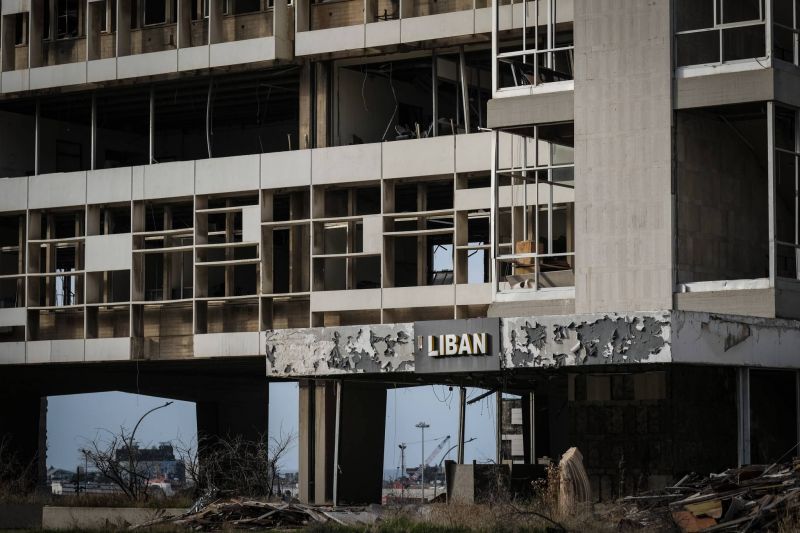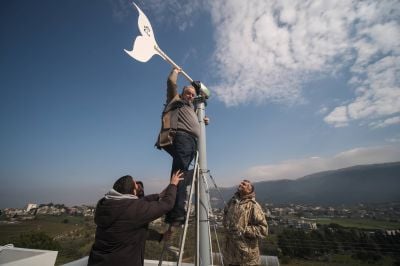
The EDL headquarters in Beirut. (Credit: João Sousa/L'Orient Today/File photo)
BEIRUT — Électricité du Liban (EDL) has further restricted electricity production, already at its lowest levels, the supplier announced in a statement Tuesday, due to a delayed shipment of fuel oil needed to power the country's electrical grid.
The restrictions will include shutdowns at the Deir Ammar and Zahrani power plants to maintain reserves of fuel oil for key infrastructure, including the airport.
This time, the issue is that the public supplier has still not received an offer from a company interested in providing it with fuel oil suitable for its power plants, in exchange for a shipment of crude oil provided by Iraq, according to a barter mechanism between the two countries, an EDL representative told L’Orient-Le Jour.
EDL had expected to be supplied with fuel oil between Dec. 6 and 10, according to Tuesday’s statement.
Meanwhile, the Energy Ministry has postponed its call for tenders until next Tuesday. Neither the statement nor the EDL representative clarified why the expected shipment was not yet fulfilled, though the delay comes as crucial maritime traffic in the Red Sea is disrupted due to Houthi attacks from Yemen on the sidelines of the war between Hamas and Israel.
Powering main infrastructure
EDL claimed Tuesday to have “fewer than 6,000 cubic meters” of fuel oil left at its Deir Ammar power plant (North Lebanon) and “fewer than 11,000 cubic meters” at its Zahrani plant (South Lebanon).
These two power plants can deliver a maximum power of 430 megawatts each when fuelled. The country’s other thermal power plants in Jiyyeh and Zouk Mosbeh are currently shut down, due to a lack of fuel.
As part of its new rationing plan, EDL announced Tuesday that it already “shut down a production unit at Deir Ammar on Dec. 3” and planned to turn it off that night to preserve the remaining fuel oil. The network will then continue to be powered by the only Zahrani power plant until Dec. 28, until the reserves are depleted. The Deir Ammar plant will then be reactivated and can last until Jan. 3.
EDL stated it hopes to keep production at 200 MW — less than a tenth of what is needed to meet demand — in order to continue powering the country’s airport and other main infrastructure until January.
Already unable to produce 24/7 electricity coverage before the economic crisis began in 2019, EDL has seen its capacities slashed by a lack of funding to update and buy fuel oil for its power plants. Currently, it can only procure fuel oil through a 2021 barter between Lebanon and Iraq, which has been renewed since.
And though EDL raised its tariffs in 2022 to keep track with inflation, the supplier struggles to actually collect its dues, including from public administrations.
This article was originally published in French in L'Orient-Le Jour.
